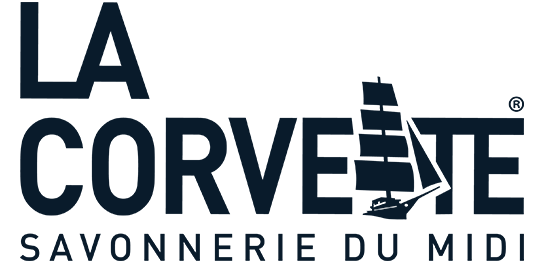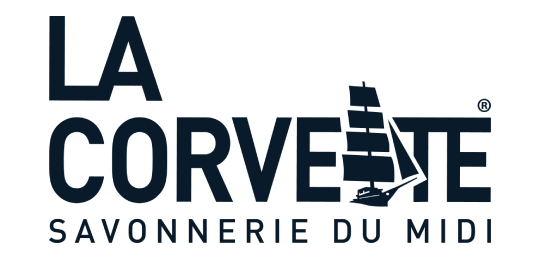HISTORY OF MARSEILLE SOAP
Very popular in France and abroad, traditional Marseille soap, composed of 72% oil, is a simple product whose qualities and multiple uses have been praised for centuries. Economical, ecological and very efficient, it is used for personal hygiene as well as for house cleaning.
This cube, originally from Marseille, is still made in the region, using the traditional method in cauldrons, under the watchful eye of a master soap maker, using only vegetable oils, without perfume, colouring or preservatives. Despite its specificity, many copies are made all over the world, in an abusive way, without respecting the traditional methods and outside the production basin.
Marseille, the cradle of soap production
Since the Middle Ages, the city of Marseille has been the cradle of natural soap production based on olive oil. In the 12th century, the city already had several soap factories, produced from oil extracted from olives harvested in Provence and natural soda from plants in the Camargue salt marshes.
Its specific climate is also favourable to the drying of soaps, due to its heat and wind, the famous mistral.
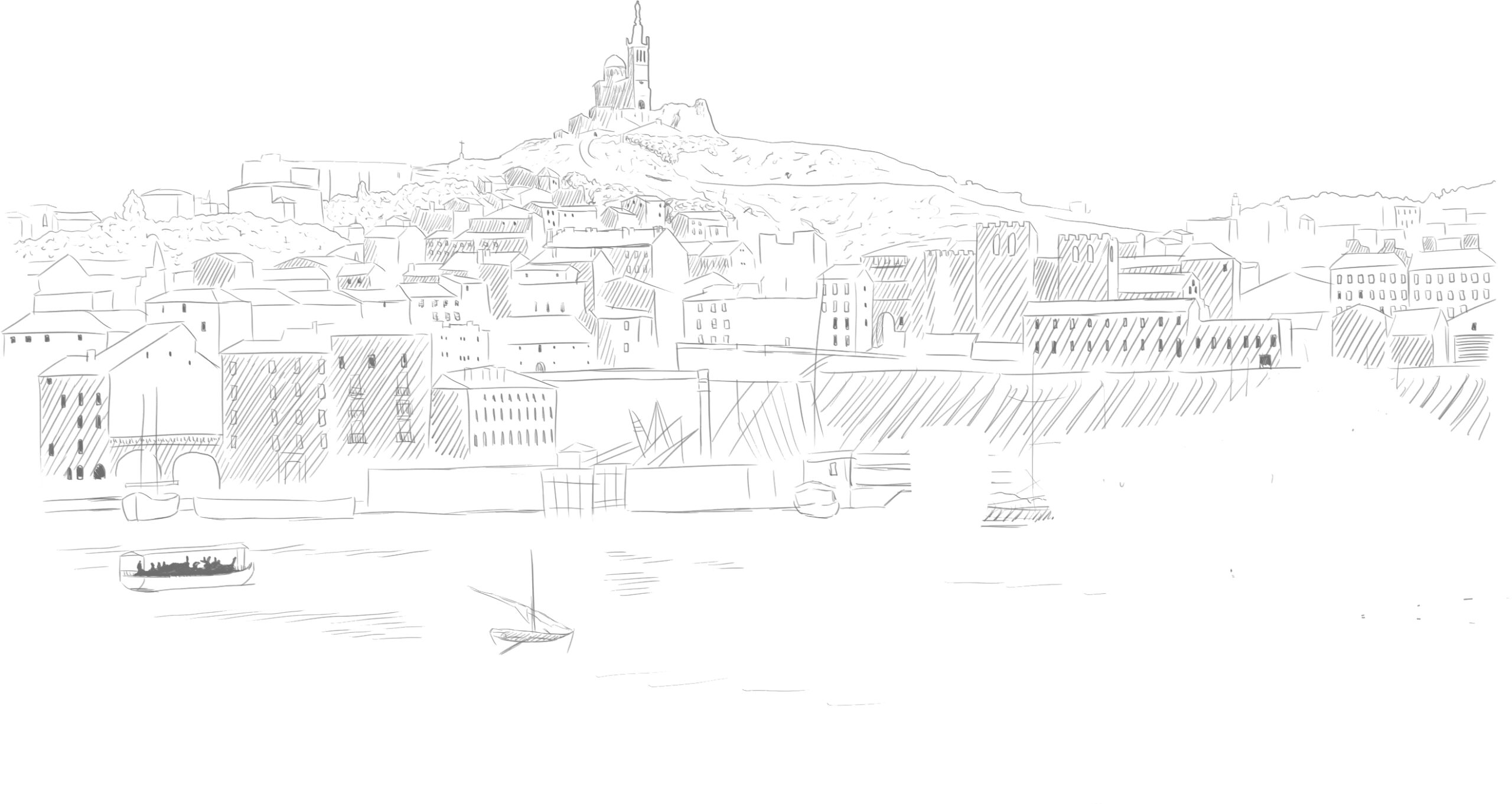

Expansion of Marseille soap beyond the borders
In 1371, Crescas Davin became the city's first official soap maker. The first industrial factories appeared in the 15th century, and quickly exported to Europe and the Mediterranean basin, benefiting from the geographical openness of the city and its historic port activity.
Marseille soap is then marketed in the form of green bars of 5 kg or more.
Regulation of the manufacture of Marseille soap
Since the Middle Ages, the city of Marseille has been the cradle of natural soap production based on olive oil. In the 12th century, the city already had several soap factories, produced from oil extracted from olives harvested in Provence and natural soda from plants in the Camargue salt marshes.
Its specific climate is also favourable to the drying of soaps, due to its heat and wind, the famous mistral.
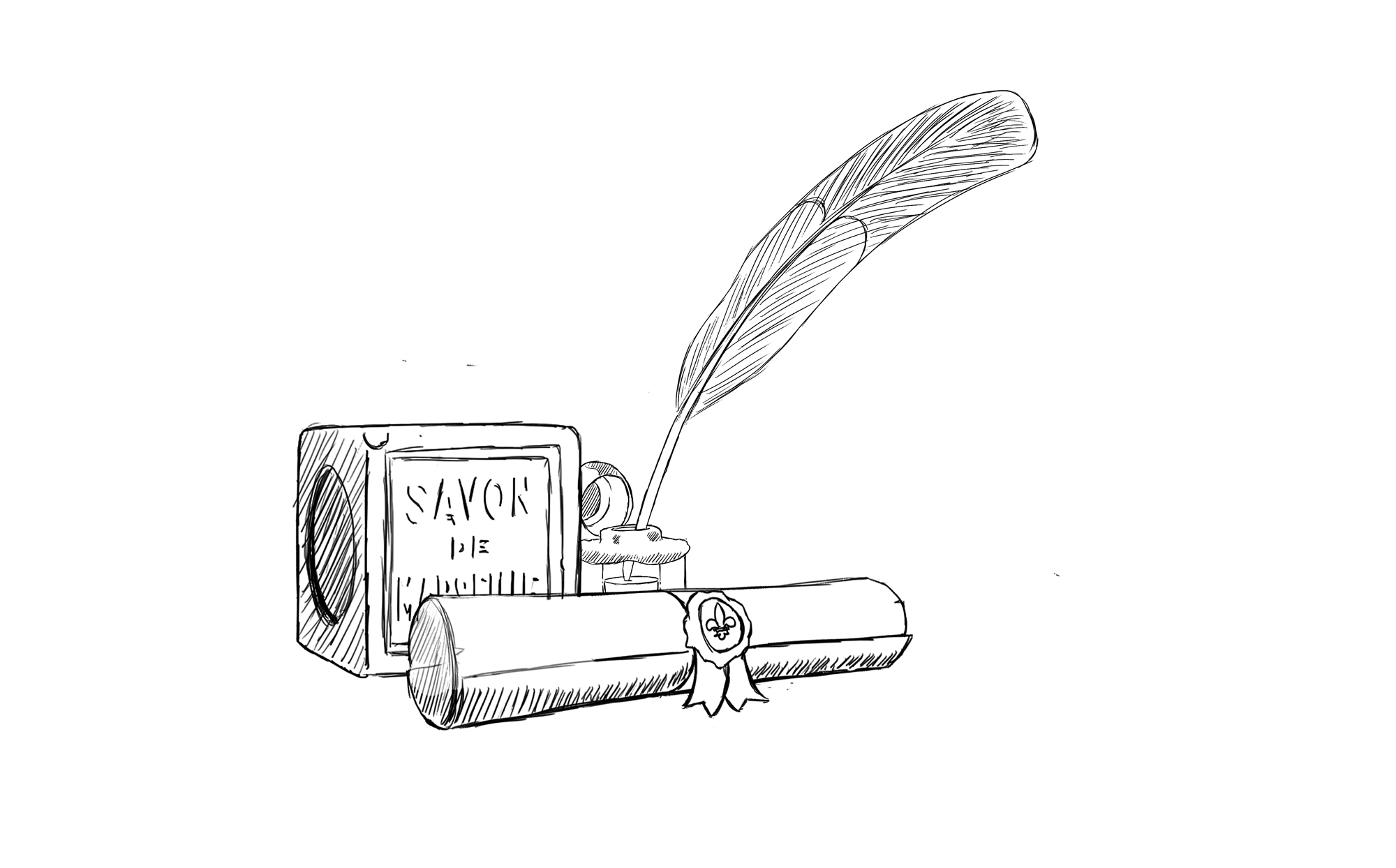
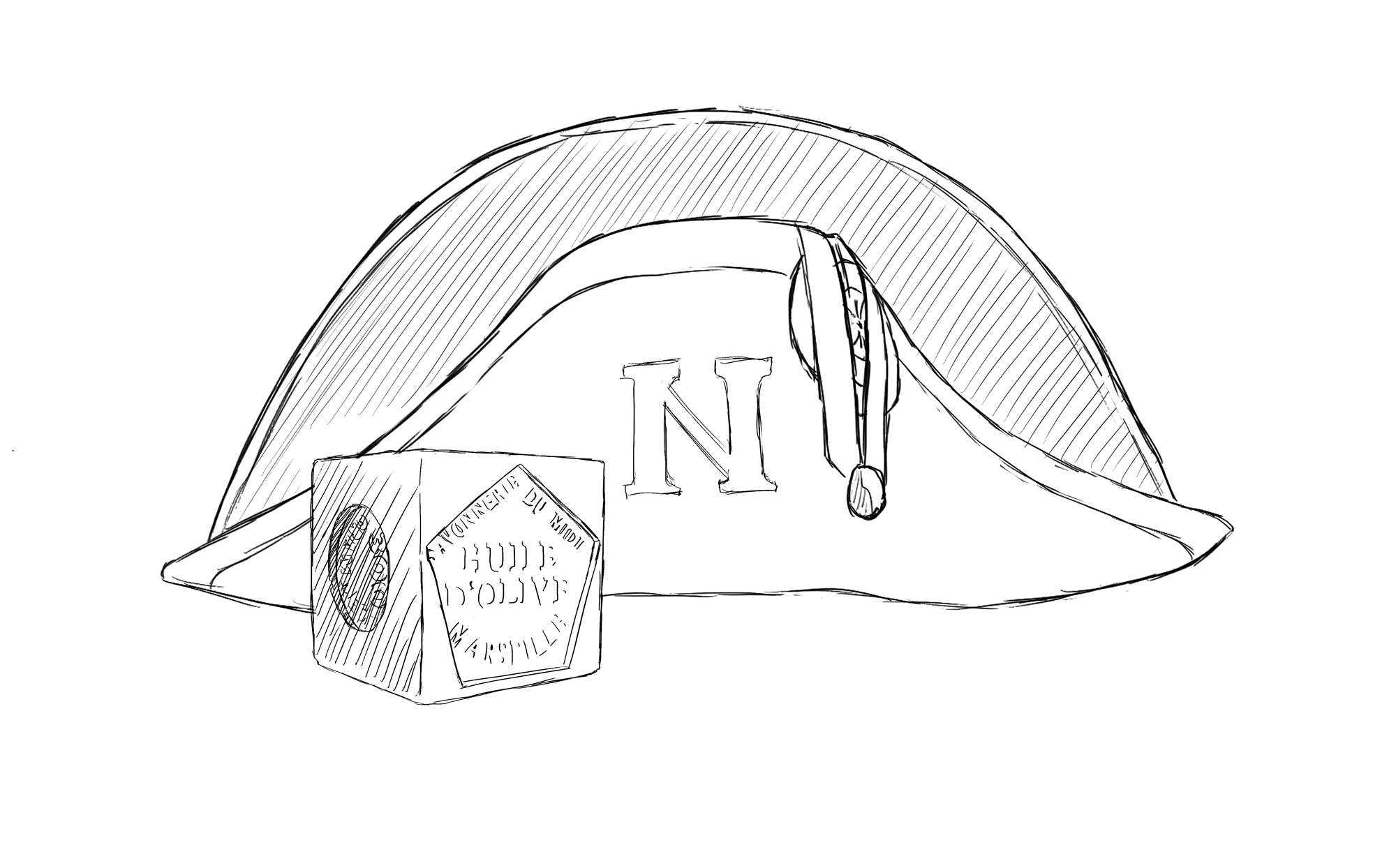
A decree to guarantee the geographical origin of soap
In 1812, the number of soap factories in Marseille reached 62. Napoleon, aware of the benefits of genuine Marseille soap, adopted a decree on December 22, 1812 defining a particular mark for the now famous soap bricks, "with a pentagon in the middle of which will be inscribed the words: olive oil, and, following the name of the manufacturer and that of the city of Marseille. »
The text ended with a warning: "Any private individual established in a town other than that of Marseilles, who will pour into the trade soaps bearing the granted mark, will be punished with a fine, the soaps will be confiscated . "This decree reinforced the reputation of Marseille and its region.
The decline of Marseille soap
At the beginning of the 20th century, the Marseilles soap industry, now numbering 90 soap factories, experienced a brilliant prosperity, before suffering a first slowdown during theFirst World War.
The decisions of the Court of Appeal of Aix en Provence in 1927 and the Court of Cassation in 1928 redefined Marseille soap as a product made exclusively from vegetable oil, in a proportion of at least 72%. Production recovered between the wars, reaching 120,000 tonnes in 1938, thanks in particular to progress linked to mechanisation.
After a further decline in activity during theSecond World War, the Marseille soap industry suffered a sharp decline, hit hard by competition from synthetic detergents.
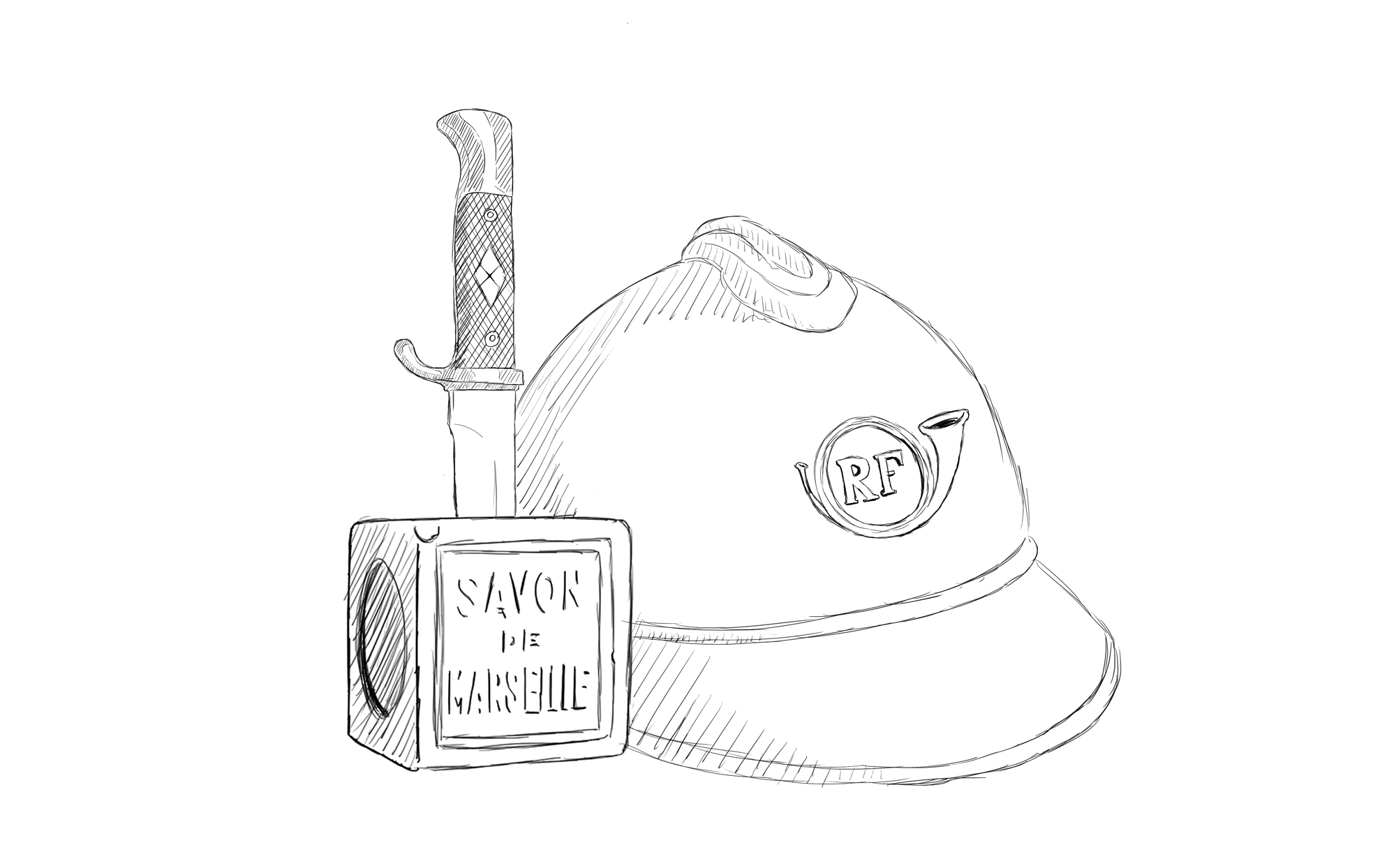
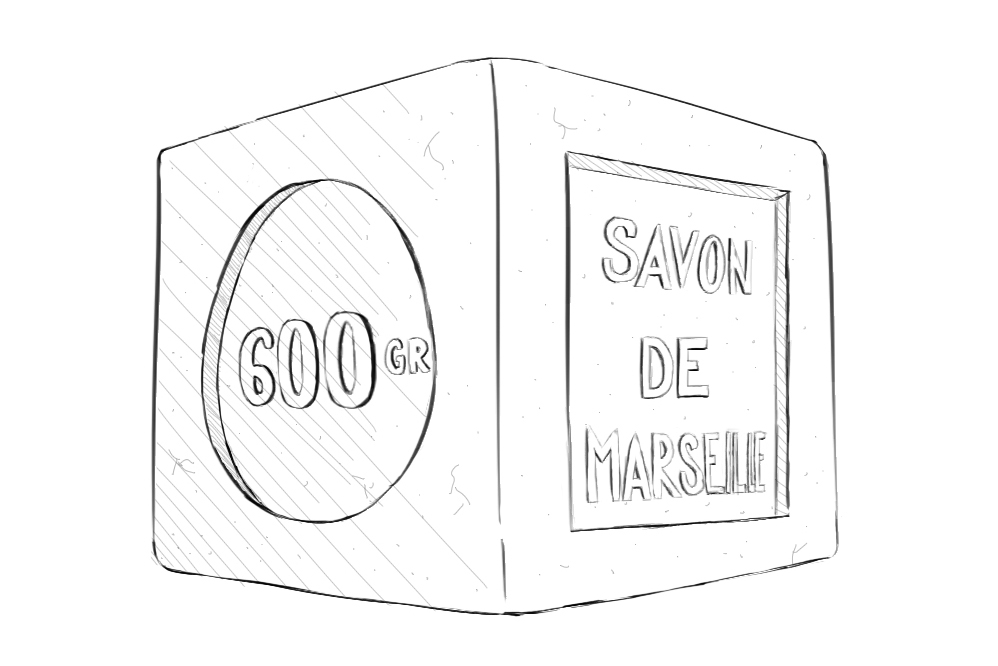
The revival of Marseille soap
Since the 1980s, Marseille soap has undergone a real revival, in response to the need for naturalness and authenticity of an ever-growing number of consumers. But with the importation of "soap paste" from different origins, avoiding the long and cumbersome process of saponification for companies, many traditional "soap-makers" have freed themselves from the traditional manufacturing steps, abandoning their trade of soap-maker to shape only the finished product. The usurpation of the name "Marseille soap" began at this time.
Faced with this situation, the traditional Marseille soap manufacturers created the "Union des Professionnels du Savon de Marseille", the UPSM, an association under the French law of 1901 aiming to defend and promote Marseille soap.
